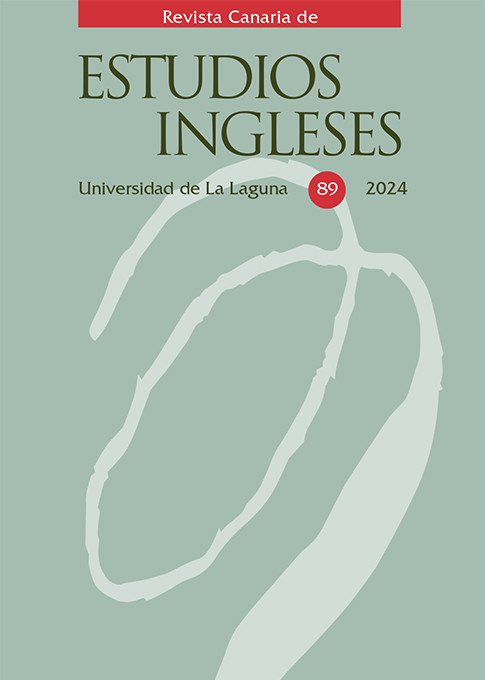“None of Them Knows About Floods or Anything About the Rivers:” Monstrous Kinships and Agency in Michael McDowell’s The Flood and The Levee
Abstract
This paper explores the disruption of the human/non-human binary in Michael McDowell’s Blackwater series, focusing on how the character of Elinor Dammert challenges traditional distinctions between humans and environment. Set in the Southern Gothic landscape of Lower Alabama, the analysis scrutinizes Elinor’s relationship with the region’s fluvial environment, emphasizing her role as a complex, shape-shifting gothic figure. Emerging mysteriously from the river after a flood, Elinor’s actions reflect a deep connection with both the human and non-human worlds, as she intervenes against anthropogenic alterations, particularly deforestation and proposed hydrogeological projects. By highlighting Elinor’s efforts to disrupt destructive human practices, the paper argues that her character can be seen as attempting to create kinship between humans and the landscape of Perdido, embodying an ecoGothic figure that transcends moral binaries. Elinor’s interventions will therefore reveal an alternative
form of ecological agency that emphasizes kin-making rather than domination or revenge.

This work is licensed under a Creative Commons Attribution-NonCommercial-ShareAlike 4.0 International License.



